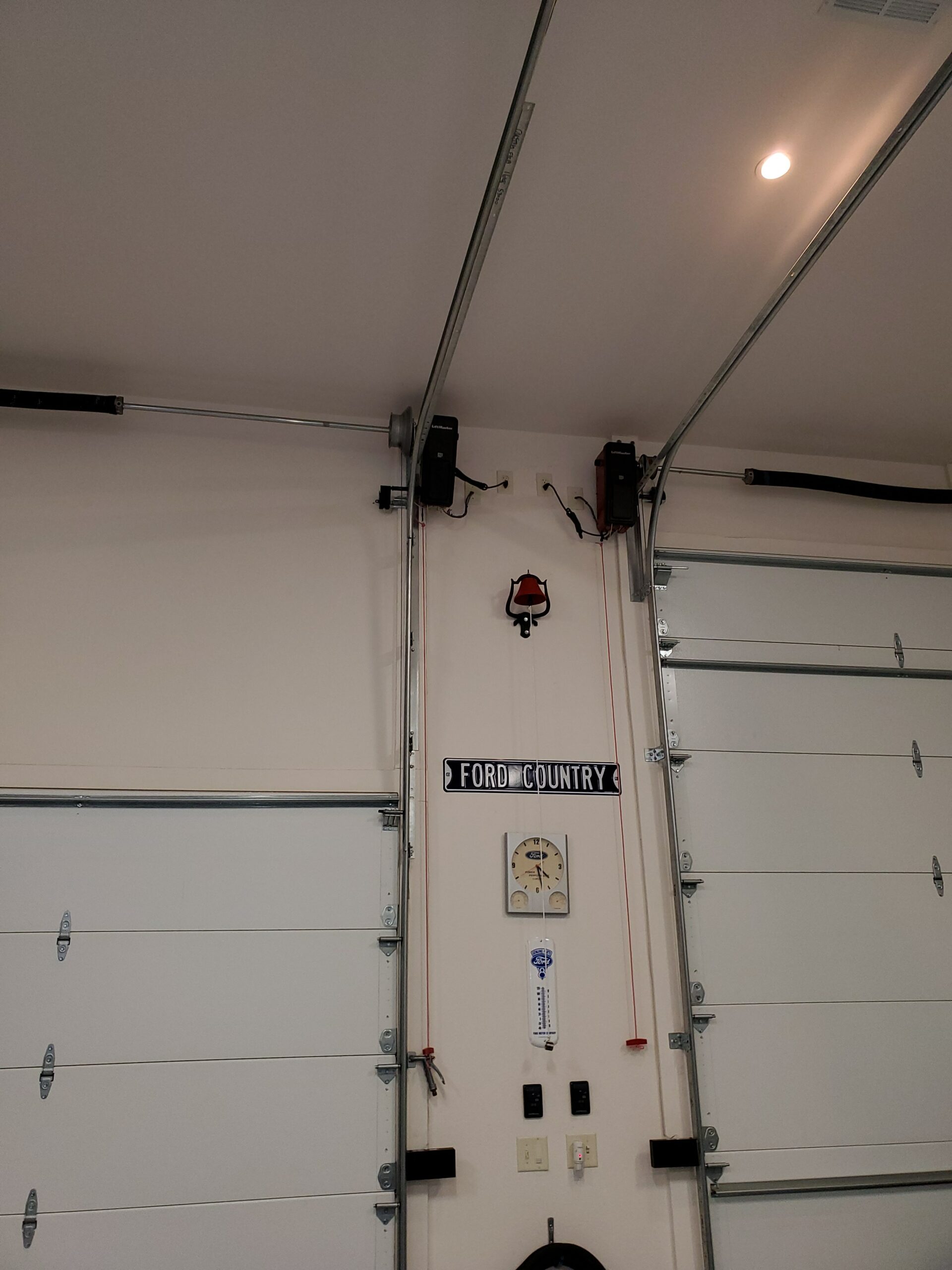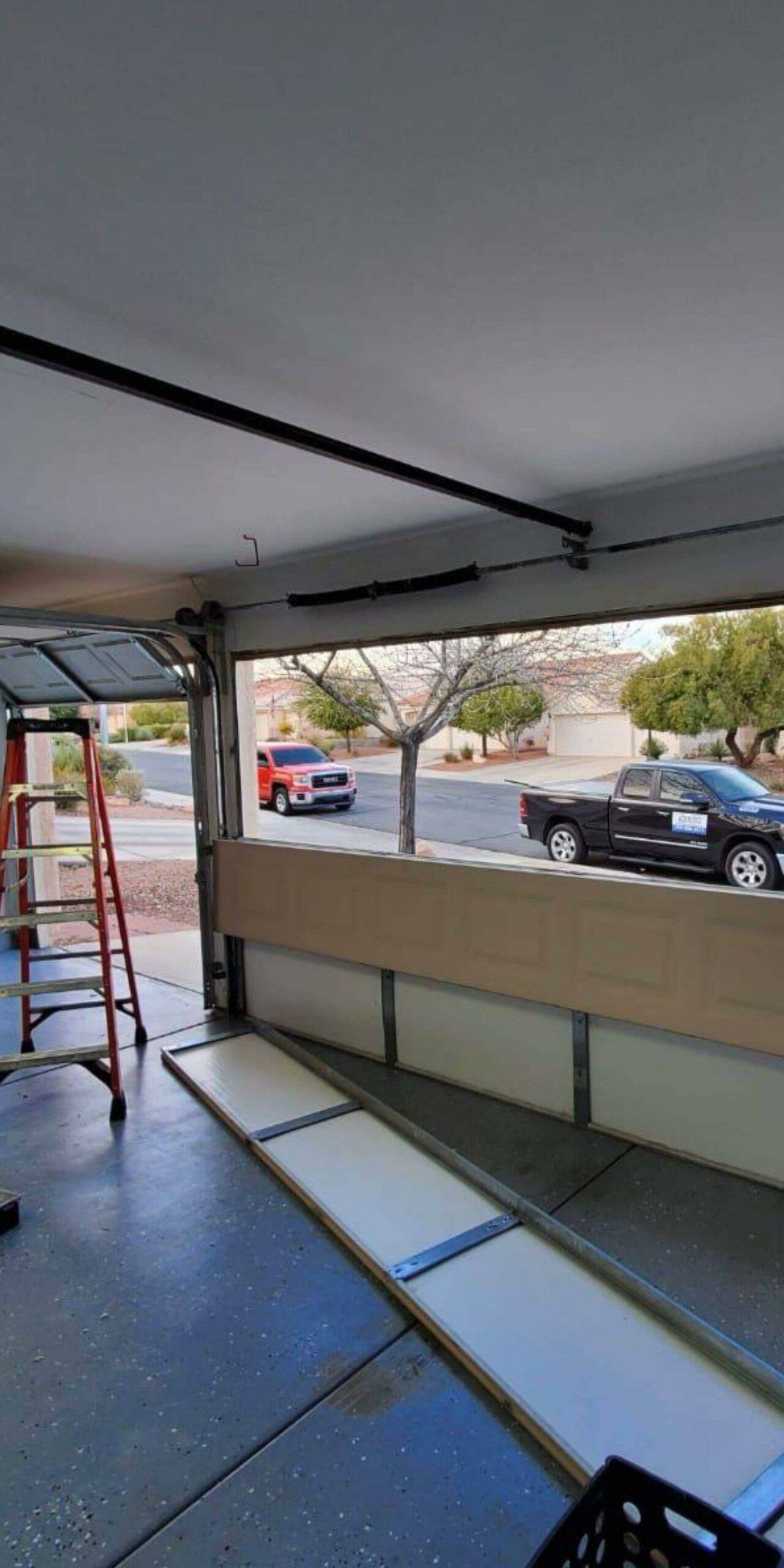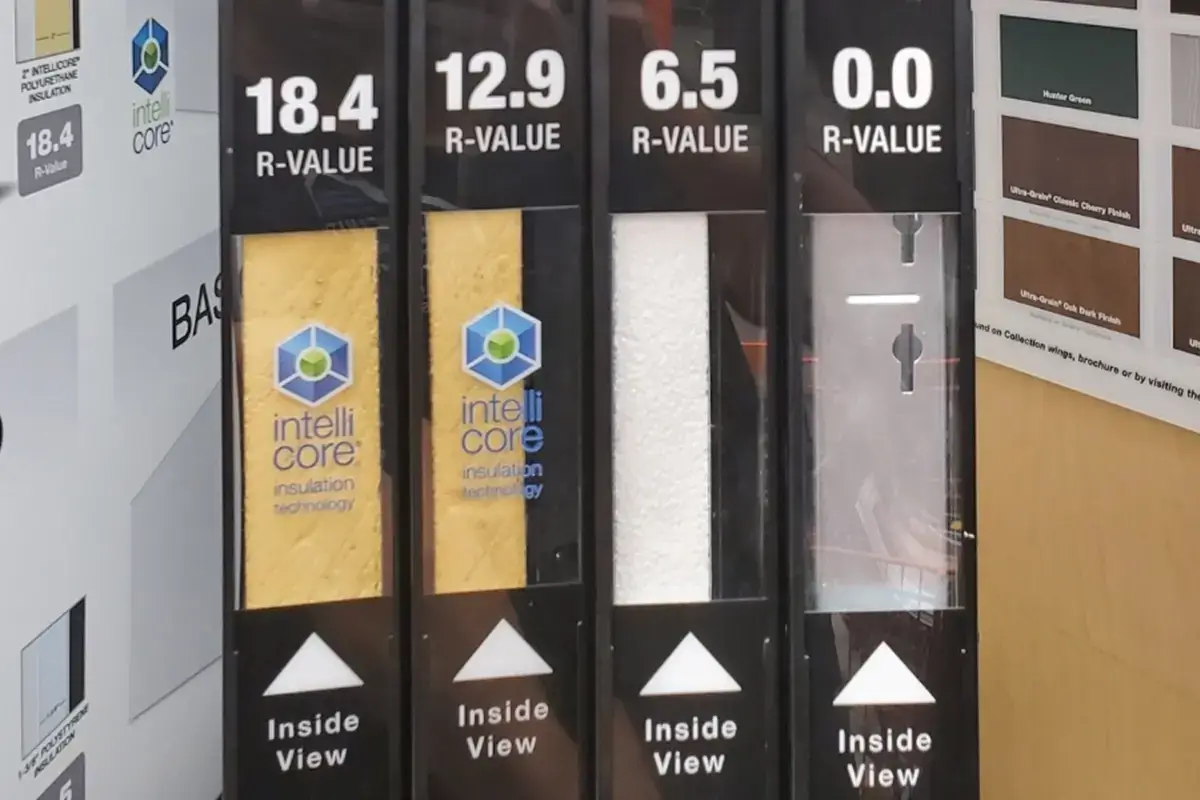Introduction
When it comes to home improvement projects, garage door insulation might not be the first thing that comes to mind. However, it’s a worthy investment that can bring several advantages to your home. From energy savings to improved comfort, this article will delve into the benefits of insulating your garage door and why you should consider it as part of your home improvement plans.
Enhanced Energy Efficiency
One of the most significant benefits of garage door insulation is its contribution to energy efficiency. A well-insulated garage door acts as a barrier against outdoor temperatures, helping to maintain a more stable and comfortable environment within your garage. Whether it’s scorching hot in the summer or freezing cold in the winter, insulated garage doors help regulate the temperature, reducing the strain on your home’s heating and cooling systems.
This enhanced energy efficiency can translate into lower energy bills, as your HVAC system won’t have to work as hard to maintain a comfortable temperature. Over time, these savings can add up, making garage door insulation a cost-effective investment.
Improved Comfort
If you use your garage as a workshop, home gym, or even an extra living space, insulation is crucial for maintaining a comfortable environment. Without insulation, extreme temperatures and drafts can make your garage unpleasant to be in. However, with proper insulation, you can create a more comfortable and usable space year-round.
Insulated garage doors also help reduce noise from outside, making it a quieter and more peaceful space. This is particularly important if you have a bedroom or living area adjacent to the garage.
Increased Durability
Insulation not only provides thermal benefits but can also enhance the durability of your garage door. The insulation materials can act as a buffer against moisture, preventing condensation buildup on the door’s interior. This moisture resistance can help prolong the lifespan of your garage door by preventing rust and corrosion.
Additionally, insulation can provide added structural support, making the door more resistant to dents and damage. This added durability can save you money on maintenance and replacements over the long term.
Enhanced Security and Privacy
An insulated garage door also offers increased security and privacy for your home. Thicker and more substantial due to the insulation, these doors are generally more difficult to break through or tamper with compared to non-insulated doors. This added security can provide peace of mind, knowing that your belongings and home are better protected.
Moreover, if you use your garage as a workspace or storage area for valuable items, insulation can prevent prying eyes from seeing inside, adding an extra layer of privacy to your property.
Increased Resale Value
Investing in garage door insulation can also boost the resale value of your home. Potential buyers are increasingly looking for energy-efficient features, and an insulated garage door can be an attractive selling point. A well-insulated garage can make your home stand out in a competitive market, potentially leading to a higher selling price and quicker sale.

When it comes to garages, they are often overlooked as an important room in the home and are therefore, generally not very well insulated. However, the garage not only houses your expensive vehicles and keeps them out of inclement weather, but they acts as the main storage unit and can be a main entryway for a lot of homes. With this said, let’s look at why it is important to insulate your garage and what type of insulation works best for this purpose.
Why It Is Important to Insulate Your Garage
There is no point in insulating every nook and cranny around your home if you let both the cold air from outside and the warm air from inside, seep in and out through the garage.
you insulate your garage, regardless of how small or large it is, you are preventing air seepage from happening, ensuring the heat transfer stays optimal, and removing unnecessary health risks and unnecessary energy costs. Here are the benefits of insulating your garage.
You make the room comfortable to be in. If you want to work in the garage, make it into a makeshift playroom, or store valuable items in it, you want the temperature to be comfortable. If the garage is too cold, no one is going to want to use it and it will become an unused space.
You minimize cold air creep. One of the worst feelings is opening the inside door to the garage and feeling a blast of cold air whooshing by you. Keep your garage from getting icy and your home from getting a damp chill.
You keep the rust away. A garage that isn’t well insulated will fall victim to rising humidity levels. This can lead to rust on any belongings you store inside the garage.
You make the space quieter. If you are the type of person to use motorized tools within the garage on weekends, having the garage well insulated prevents you from getting noise complaints from the neighbors as it dampens the sounds greatly.
What Is the Best Insulation for Garage Spaces?
If you are planning on insulating your garage, there are a few insulation types that can be used for this purpose. While there isn’t a “best” solution, there are several that work well depending on your budget and circumstance.
Foam Board Insulation. This works well for homeowners who do not want to install drywall into the garage. It can be covered with other types of insulation like batt insulation, so long as the covering insulation is compliant with local building codes. You will need to make sure that any insulation used in conjunction with the foam board has a radiant barrier and is flame-tested.
Batt Insulation. This type of insulation is a cotton-fiberglass material that should be placed between the studs and covered with a vapor barrier. For it to work to its full potential, you will need to install a minimum of ½” drywall around the room. While adding in the drywall adds to the cost, it is worth having it done as the final product is well worth the money and is less expensive than you think.
Blown-in Insulation. If you already have drywall installed around the garage but have found that it isn’t insulated, then you can use blown-in insulation. This requires a contractor, who will open a hole in your drywall, blow in a cellulose-type insulation, and then patch the opening up. This type of insulation requires no additional demolition, no reinstallation, and can be done in a few hours.
Regardless of which type of insulation you choose to use, make sure that your garage is sealed tightly shut. Caulk any drywall to the floor, use weather-stripping material between the garage doors and other doors, and examine your electrical outlets for cracks. Double down on the windows and check for leaks as well. Doing all of this ensures that the insulation works well and prevents any air seepage.
Need Garage door installation? Cal us today 702-890-3611 for a free estimate


